The Smithsonian National Gallery of Asian Art (NMAA) just recently introduced that it will certainly hold the initial exhibit of American work of arts by previous Samsung Chairman Lee Kun-Hee this autumn.
” Oriental Prizes” will certainly house greater than 200 jobs for 1,500 years, consisting of twelve nationwide prizes assigned by the South Oriental federal government, in addition to numerous products on screen for the very first time in the USA.
” This is incredibly popular in Korea and I believe this program will certainly draw in individuals’s passion,” stated Sunwoo Hwang, the initial Oriental arts and society manager at NMAA. Artnews. “We are thrilled to present the variety, deepness and breadth of Oriental art in the Lee Kun-Hee collection.”.
The exhibit will certainly be arranged by the Chicago Institute of Art (AIC), the National Gallery and the Oriental Gallery of Modern Modern Art (MMCA), and the exhibit will certainly include a wide range of things consisting of old Buddhist sculptures, porcelains, paints, paints, furnishings, furnishings and contemporary work of arts.
” Oriental Prize” will certainly additionally be the biggest and most extensive intro to Oriental art ever before on the NMAA prior to heading to the AIC and British Gallery.
” So, although this is a traveling exhibit, each establishment has its very own special description,” Huang informed Artnews “I believe it’s feasible since the collection is so huge that we have the ability to choose and our companions enable us to do that.”
9 products obtained from the Leeum Gallery of Art in Seoul will certainly additionally be shown just in the NMAA.
” Eventually, our place is one of the most things option,” Huang stated with a smile, keeping in mind the dimension of things varying from water droppers to big display paints and contemporary oil paints on canvases.

Zheng Zong (1676– 1759), Clear after rainfall 1751. © Oriental National Gallery
South Korea National Gallery
Emphasizes consist of work of arts Clear after rainfall (1751) by Jeong Seon, among the biggest paints of the Joseph duration, 7.4 feet by 5 feet vast.
Huang stated Clear after rainfall It is essential for Oriental art background since it portrays the real landscape of Korea, as opposed to idyllic or imaginary landscapes. Zheng Zong is Genuine sight landscape Style and ink paints depict the real area where musicians matured.
” This is his native home, it is a popular hill in Korea,” she stated. This is the minute when the hill begins to remove on the hill, yet the water has actually been taken in the rocks. “I believe a great deal of Koreans relate to this paint since it’s the hill they see a great deal. They’re extremely aware of it.”
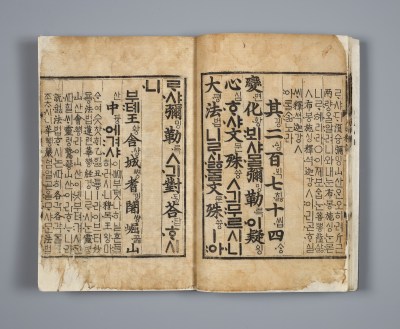
Edited and modified by King Sejo (1417-1468), The story in Buddha Shakyamuni’s life is the representation of the moon (Worin Seokbo), Vol. 11 (1459) © Oriental National Gallery
South Korea National Gallery
The yellow male is additionally especially thrilled concerning the screen The story of Buddha Shakyamuni’s life as a representation of the moon ( Worin Seokbo), Vol. 11, Woodblock prints of 1459, modified and modified by King Sejo (1417– 1468). Joseon’s very early jobs included surrounding Chinese personalities and Oriental personalities.
It deserves keeping in mind that King Sejo produced Hangul, the Oriental alphabet, and exposed it in 1443. “The Oriental letter is unique since it might be simply the only language we understand, developer and day of development,” Hwang discussed.
” He wished to develop letters to ensure that individuals can conveniently connect in creating,” Huang stated. “So, after producing this indexed system, the Josen Court really released a great deal of publications and Buddhist messages also.”

The sunlight, the moon and the 5 optimals 19th century. Credit scores: © Oriental National Gallery
South Korea National Gallery
There is additionally a historic masterpiece in the “Oriental Prize” that has actually just recently gotten in pop culture Six-panel folding display The sunlight, the moon and the 5 optimals Positioned behind the Royal Throne throughout the Joseph Empire and debuted in preferred Netflix flicks KPOP Satanic Force Seeker The movie considerably consists of standard Oriental art and mythology.
” Due to the appeal of that computer animated movie, even more individuals began going to [the NMAA],” Huang stated, keeping in mind that she had not seen it KPOP Satanic Force Seeker Nevertheless.
With the appeal of Oriental society, the yellow individuals have actually seen the chance to “Oriental Prize”, and the NMAA can draw in a lot more varied vacationers. “I believe there was a time when Chinese society was incredibly popular and Japanese society was incredibly popular,” she stated. “So I’m quite certain that will certainly maintain going. However I believe this chance truly permits us to present Oriental society to a larger target market worldwide.”
A collection of searches and attracts from it
Lee Kun Hee’s collection consists of over 23,000 jobs over 7 years and was contributed to the Republic of Korea by Lee’s family members in 2021.
Lee and his spouse Hong Rae-hee go to Artnews Listing of leading 200 collection agencies in 2015 and 2016. Lee passed away in 2020.
Discussions concerning bringing enormous exhibits to Washington, the National Gallery of Columbia and the Chicago Academy of Arts, which is searching for a location. After the 2022 Oriental Roofing System Ceramic Tile Exhibit, NMAA has actually additionally developed an existing connection with the National Gallery of Korea.
Huang stated the existing connection and passionate assistance from NMAA supervisor Chase F. Robinson permitted a minimum of 3 study journeys to South Korea to enjoy exhibits in the collection of Lee Kun-Hee, that includes greater than 23,000 jobs.
Selecting “Oriental Prizes” from such a big stock is difficult, despite the existing listing of these residential exhibits. Essential sources for Hwang and her NMAA curatorial associates consist of the rapid digitization and enrollment of Lee Kun-Hee Collection, an on the internet directory site that is simple to look online, a magazine of the National Gallery of Korea for particular media, and an extensive brochure from Lee Kun-Hee Collection.
The “Oriental Prize” exhibit will certainly be held at the NMAA from November 8 to February 1, 2026.


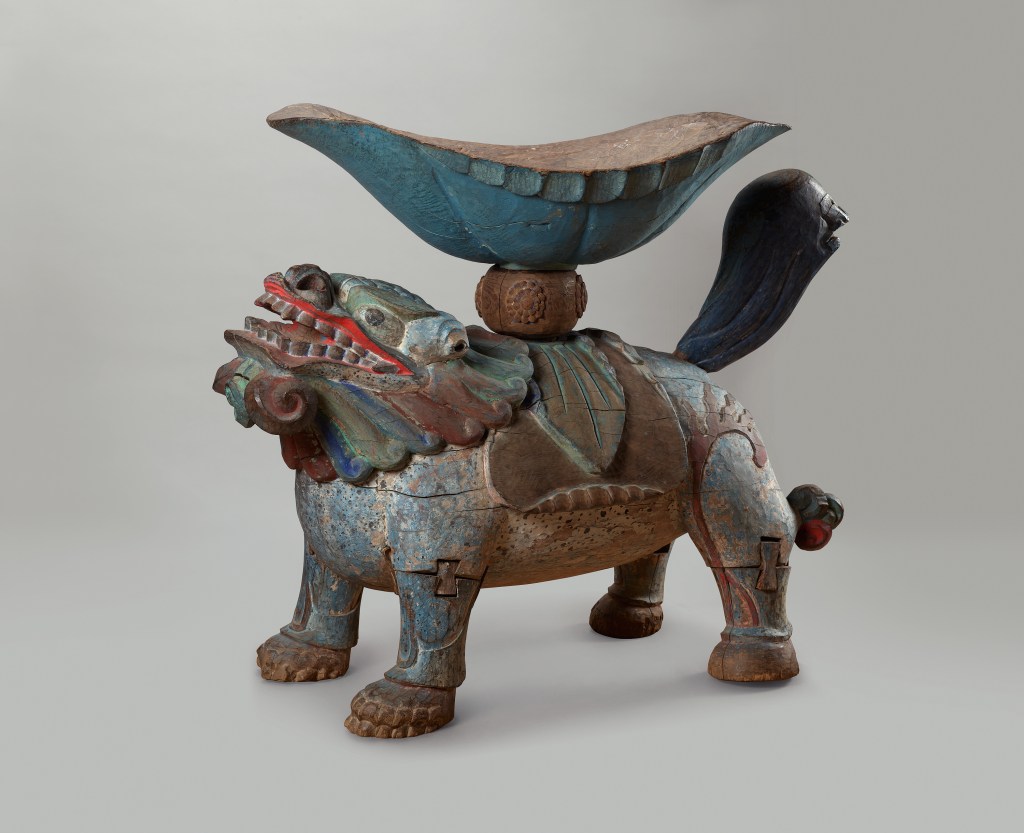

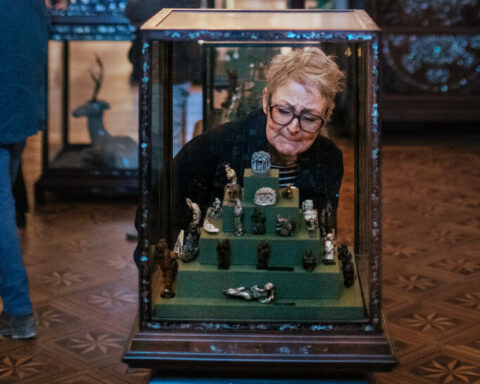
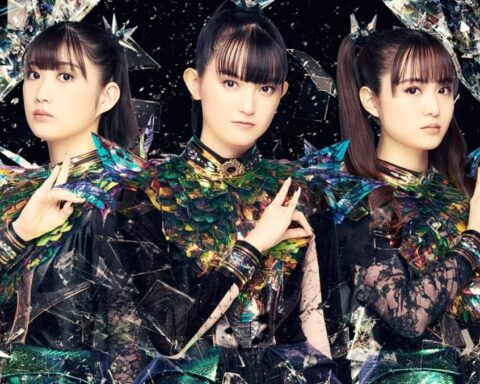
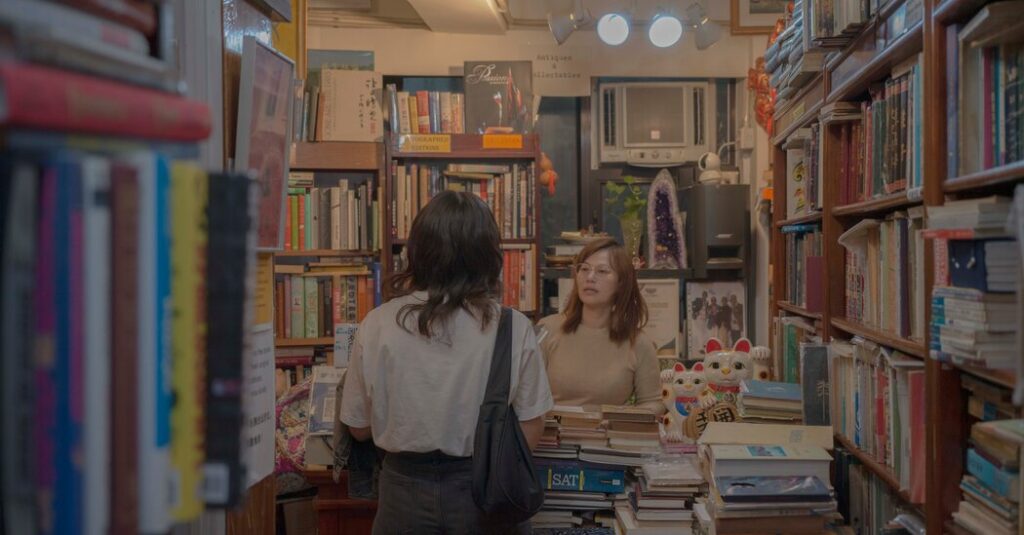
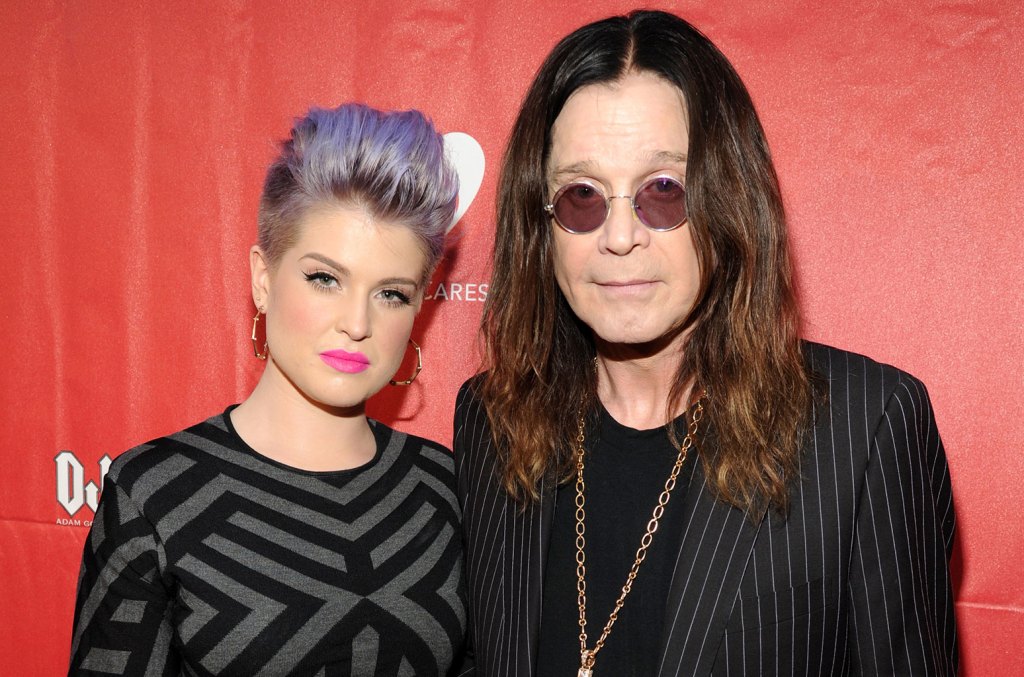
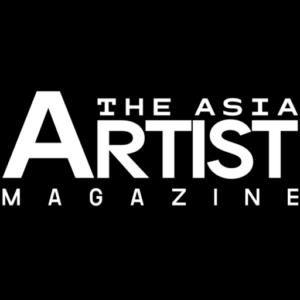
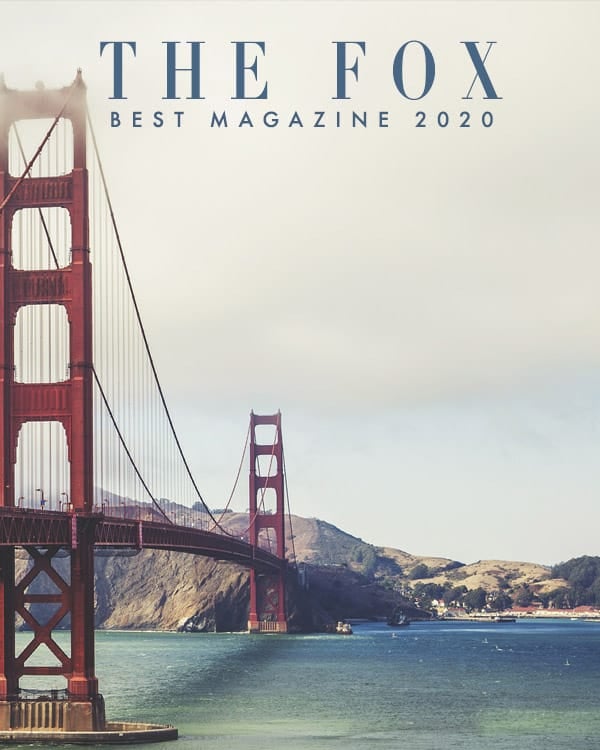


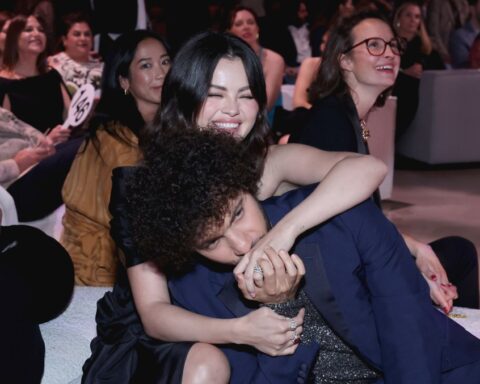

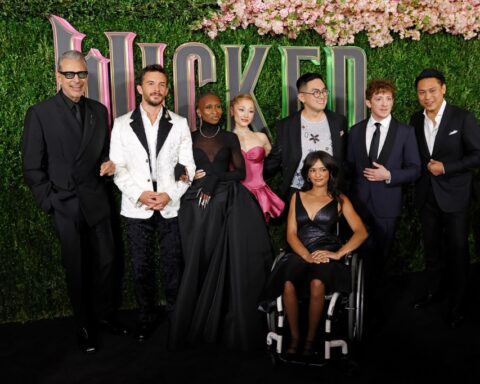
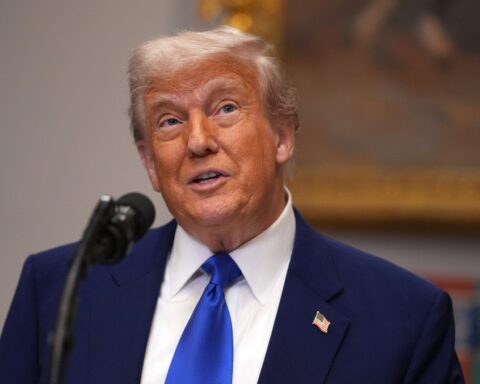

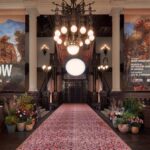
Follow Me